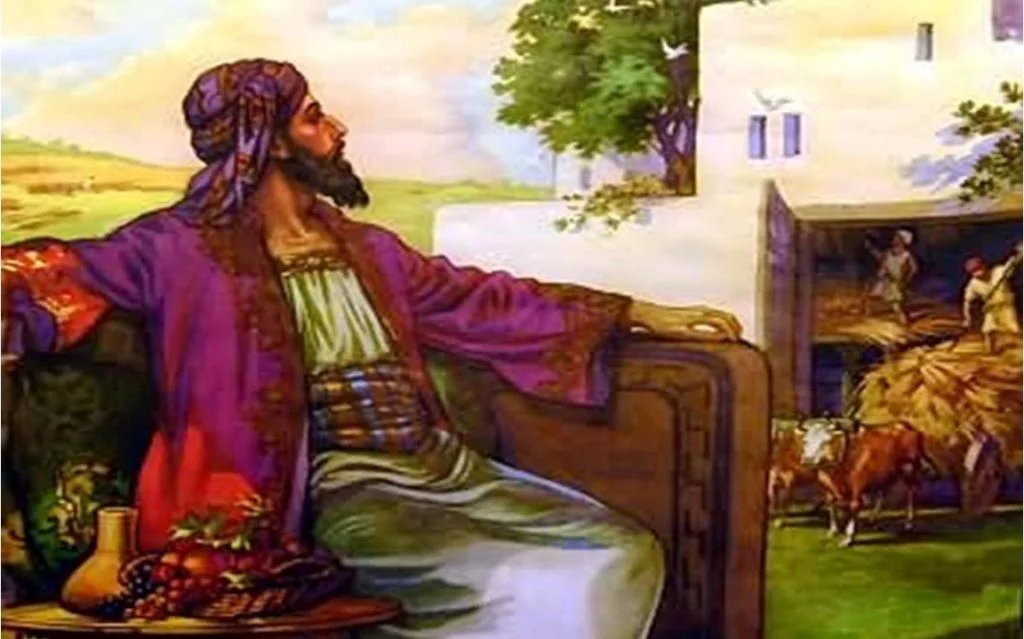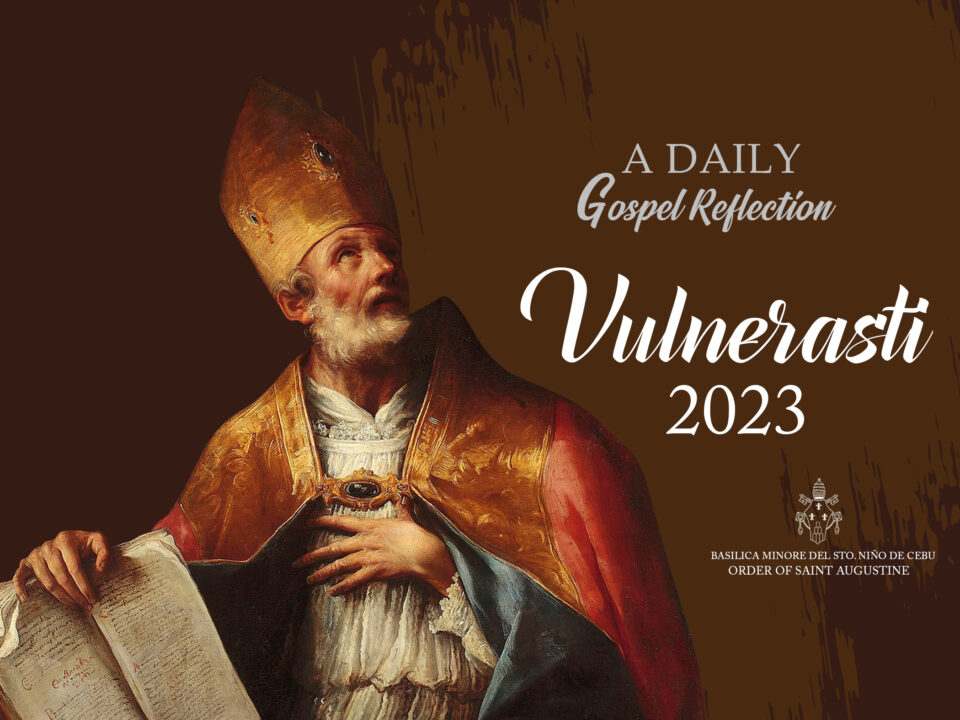Eighteenth Sunday in Ordinary Time

https://catholicsstrivingforholiness.org/daily-mass-gospel-and-commentary-parable-of-the-rich-fool-lk-1213-21/
Today’s Reflection
Gospel: Lk 12:13-21
July 31, 2022 | Sunday
Someone in the crowd spoke to Jesus, “Master, tell my brother to share with me the family inheritance.” He replied, “My friend, who has appointed me as your judge or your attorney?” Then Jesus said to the people, “Be on your guard and avoid every kind of greed, for even though you have many possessions, it is not that which gives you life.”
And Jesus continued, “There was a rich man, and his land had produced a good harvest. He thought, ‘What shall I do, for I am short of room to store my harvest? Alright, I know what I shall do: I will pull down my barns and I will build bigger ones, to store all this grain, which is my wealth. Then I will say to myself: My friend, you have a lot of good things put by for many years. Rest, eat, drink and enjoy yourself.’ But God said to him, ‘You fool! This very night your life will be taken from you. Tell me, who shall get all you have put aside?’ This is the lot of the one who stores up riches for himself and is not wealthy in the eyes of God.”
Today’s Reflection:
In the Gospel Reading, Jesus tells us the parable of the Rich Fool and warns us against imitating his examples. What’s wrong with this man? By no means are his actions foolish or insensible by present-day standards. Building larger barns for his crops in view of meagre future yields is in fact an indication of wisdom and foresight. Why then does God call him a fool (v. 20)?
It must be noted that the word fool (ἄφρων) appears only twice in the four canonical gospels—only in this Parable and in Lk 11:40, as opposed to 74 times in Proverbs where “fool” basically refers to someone who conducts his life as though there were no God. Herein lies the folly of the rich man who lives as if there were no God and his neighbors did not exist. His folly is somehow illustrated in two noteworthy points in the parable.
The first is that he overlooks a biblical truth that the land and all that is in it—himself included—belong to the Lord (cf. Ps 24:1). This is intimated in the very first line of the parable: “The land of a rich man produced abundantly” (NRSV v. 16a). Remarkable here is the fact that the “land”—not the rich man—is the subject of the sentence. In this aspect, the Rich Fool differs from other seven “a certain man” (ἄνθρωπός τις) parables in the Gospel of Luke, in which the subject of the first verse is “a certain man” (cf. Lk 10:30-37; 14:16-24; 15:11-32; 16:1-13; 16:19-31; 19:12-27; 20:9-19). Why then does Jesus make use of “the land” as the subject of the first sentence of the Rich Fool instead of his usual “a certain rich man”? Perhaps because he would like to emphasize that the rich man and his possessions are beholden to the land. The rich man’s abundant yields are not his; they belong to the land—a land which God ONLY lent to him.
The second point has to do with a consequence of his failure to recognize God as the ultimate source of his abundance, namely, his inordinate focus on himself. This is shown in his overwhelming use of the first-person singular pronouns: “What should I do; I have no place to store my crops; I will do this; I will pull down my barns; I will store all my grain; I will say to my soul…” (vv. 18-19). The rich man is fixated in a childish belief that everything and everyone else revolved around him, that his needs and comforts were all that matter. In the limited goods of the first century Palestinian society, the rich man’s superabundance could mean that others would have to make do with the little that has been left behind. He has taken the lion’s share of the society’s limited goods, yet the thought of sharing with his needy neighbors never crosses his mind. Preoccupied with himself, he only thinks of how to maximize his pleasure: “Relax, eat, drink, be merry” (v. 19).
In many ways, we share in the attitude of the rich fool. We act as if we were the center of the universe and everyone or anything else revolved around us. We acquire a lot more than what we need even at the expense of others. More often than not, we forget that our possessions and our very life belong to God. We overlook an inconvenient fact that eventually our very life and possessions shall be reclaimed by the land—a land that the Lord ONLY entrusts to our keeping that we may extend his caring hands to the needy. /Vulnerasti, 2022



